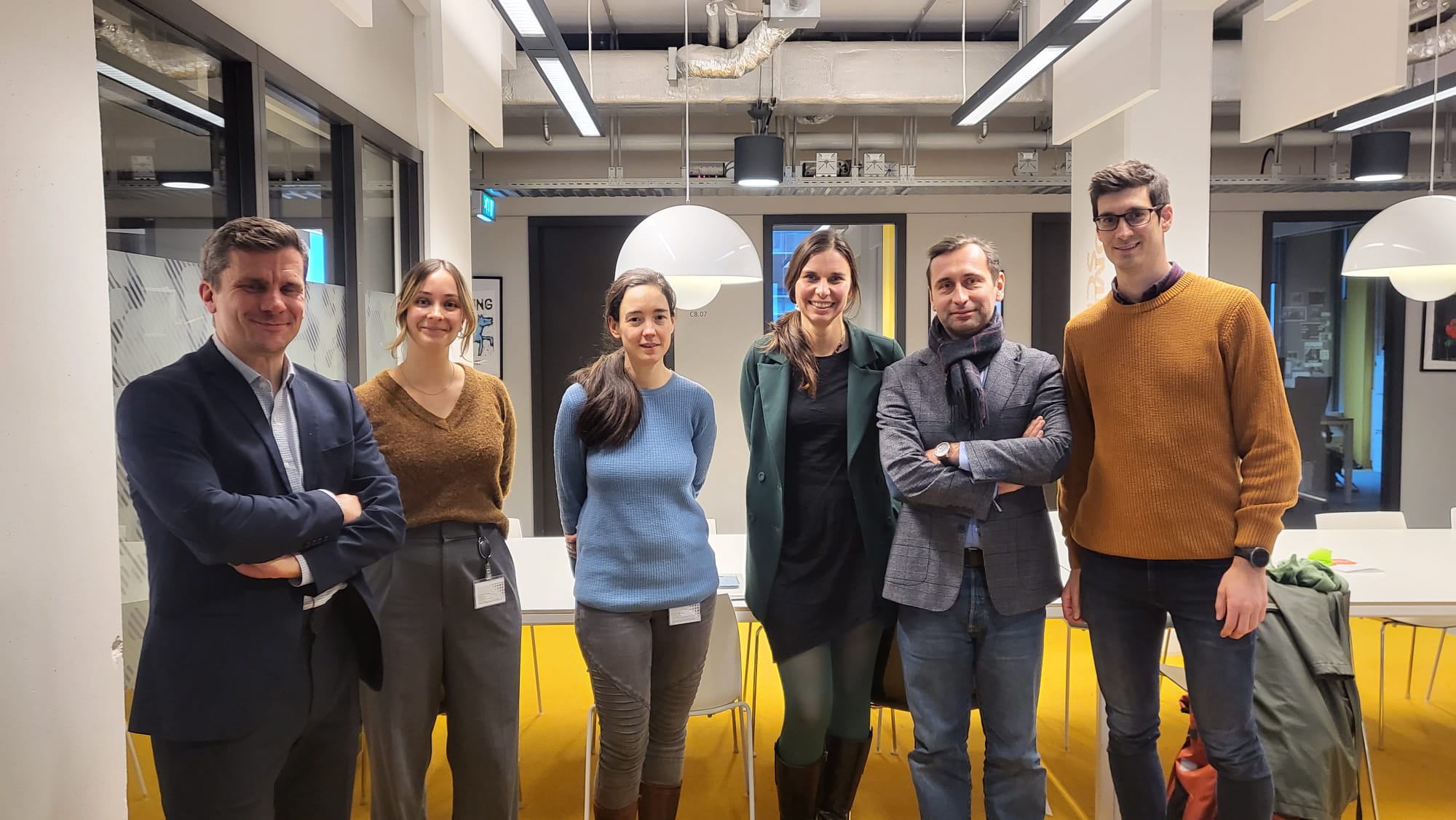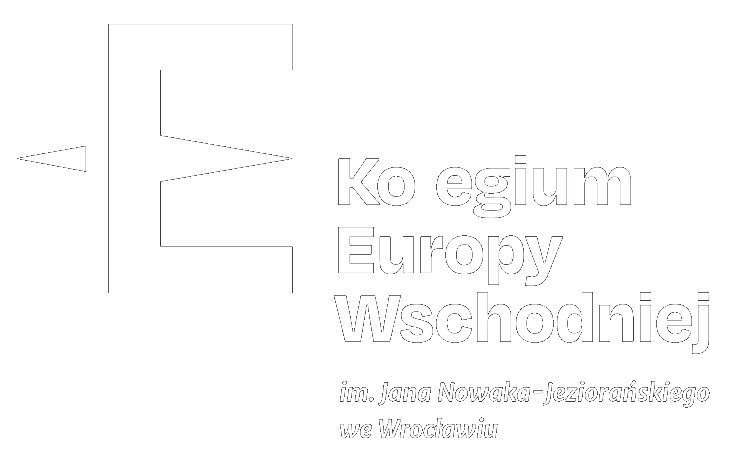On December 4-5, as part of the “Protecting European Values” project, co-funded by the European Commission, the College of Eastern Europe organized immediately after the parliamentary elections in the Netherlands a study tour to Amsterdam and the Hague. In the study tour took part our experts: Adam Balcer, program director of the College of Eastern Europe, Pola Cebulak from Vrije University in Amsterdam, Florian Lippert from the University of Groningen and Guillem Ripol from the University of Navarre in Pamplona.
On December 4, during our first meeting, we talked to Matthijs Rooduijn from the University of Amsterdam. The main topic of the conversation were the changes taking place in Dutch society in recent years and their impact on the results of the last elections. According to our interlocutor, the key to gaining support for the extreme right forces was their ability to merge migration with various “everyday” social challenges, e.g. housing problems. The far right has also managed to convince a significant part of the Dutch that it has allegedly become more moderate. The centre-right facilitated that by not ruling out a coalition government with the radicals after the elections. A disturbing phenomenon is the fact that half of the Dutch people accept Geert Wilders, the leader of the far right, as a possible prime minister.
The next conversation included Jan Willem Duyvendak, director of the Netherlands Institute for Advanced Studies, and his colleagues, Tarik Abu Chadi and Macarena Ares. Our interlocutors focused on the future of progressive politics in the Netherlands, emphasising that the growing far right is gaining an advantage over the centre-right and left, which performed poorly in the elections. The mistake of the centre-right was to devote so much attention to the migration issue. Voters were also tired of its long-term rule. Meanwhile, the left lacked credible leadership and an attractive election campaign. Our interlocutors emphasized that the future of democracy is put into question when the scenario of huge restrictions of freedom by a key party is seriously discussed before the elections. Generally, in their opinion, the left can be strong if, as in Spain in recent years, it has been consistent
in implementing its program.
We started the next day with a meeting with Tony van der Togt, Christopher Houtkamp and Niels Drost at the Clingendael Institute in The Hague. Our interlocutors focused on the future of the Netherlands’ relations with the EU in the context of Wilders’ possible prime ministership, as well as on Russian influence in the Netherlands. They underlined Wilders’ ambivalence regarding Russia’s invasion of Ukraine, which manifests itself in its condemnation on the one hand and opposition to supporting Ukraine on the other. Therefore, it can be assumed that despite Russia’s lack of direct interference in the elections, Wilders’ party remains the closest major ally of Moscow in the Netherlands. Regarding the prospects of more Eurosceptic Netherlands’ position in the EU, the interlocutors emphasized that the process of forming a government may be very long and difficult, and the new government will probably be unstable and may not last four years.
Then we met with Elske van den Hoogen and Olga Eisele from the University of Amsterdam. In their opinion, Euroscepticism did not play a major role in the elections, and far right parties limited their anti-EU rhetoric in attempt to move to the centre. In their opinion, the media often contributes to the growth of far-right parties in the Netherlands, often without reflection, uncritically and emotionally, oversimplifying complicated issues and allowing them to be linked to immigration.
The last conversation with Maciej Krogel from the University of Amsterdam focused on the future of the rule of law in the Netherlands. The interlocutor stressed that the Netherlands is a country where there is no Constitutional Tribunal and the parliament has very large legislative powers, especially since there are no restrictions on the period of forming the government. As a result, the most important threat to the rule of law in the Netherlands would be a decisive victory of a political force like Wilders’ party, which openly attacks the justice system.





